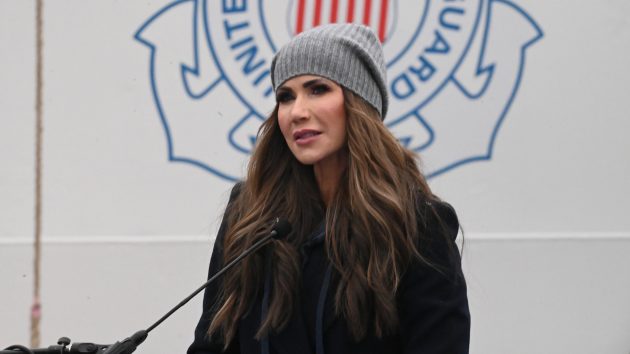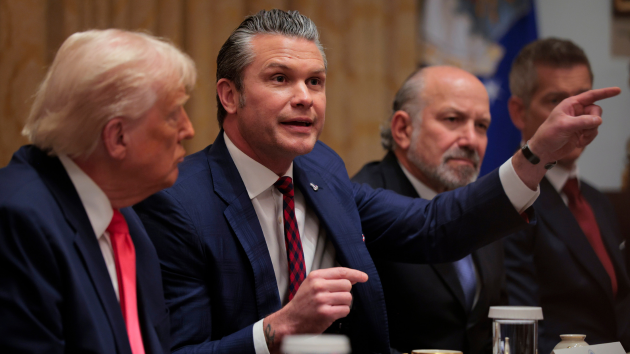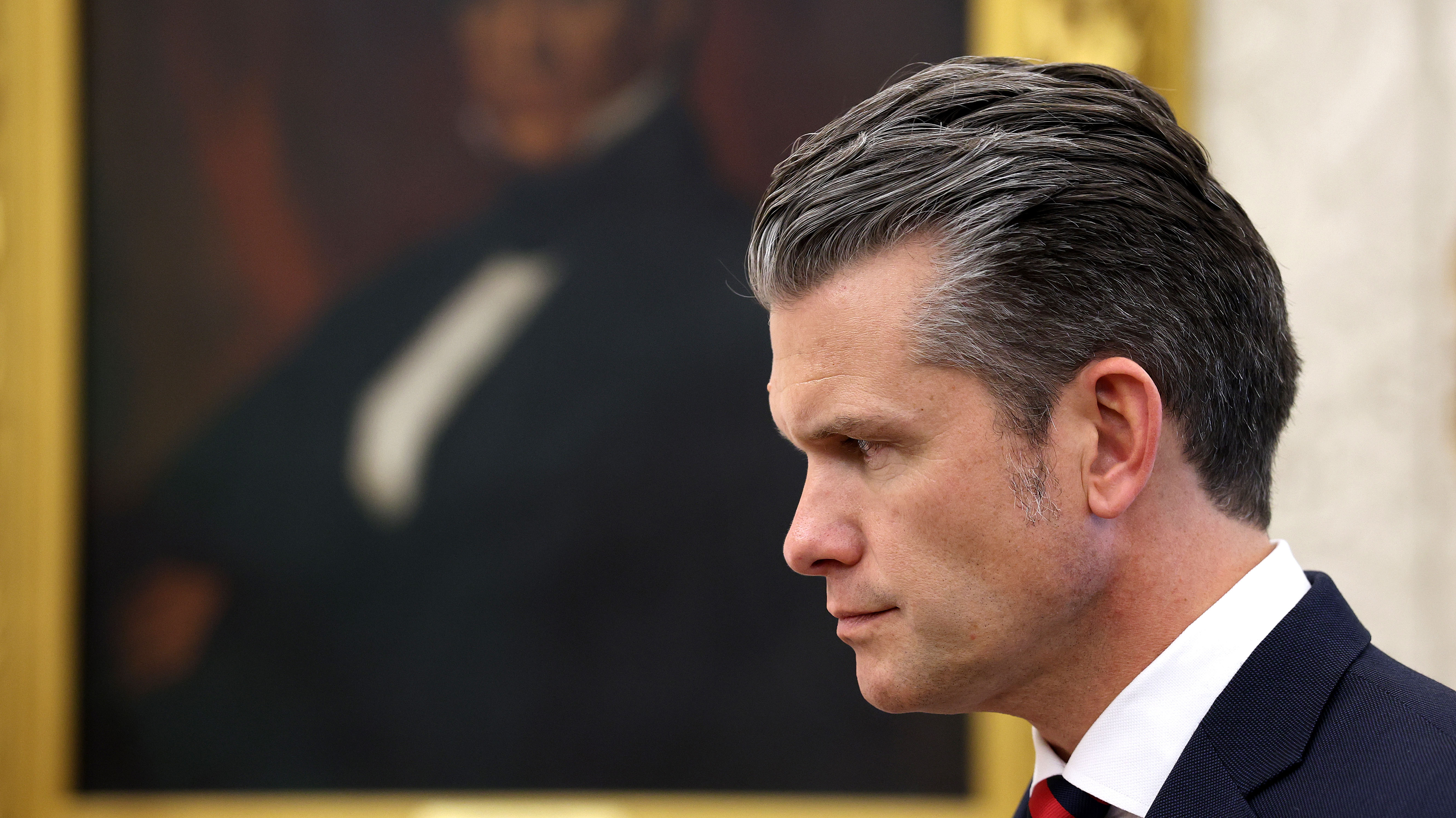What does presidential immunity ruling mean for presidential power, democratic norms?
Written by ABC Audio ALL RIGHTS RESERVED on July 3, 2024
(WASHINGTON) — In a long-awaited decision, the United States Supreme Court found that former President Donald Trump has some executive immunity for official acts committed as president, leaving experts concerned that the decision has drastically expanded presidential powers and dealt a blow to checks and balances.
One constitutional law expert warned that the ruling alters the possibility of consequences over the improper use of presidential powers, leaving the powers of the presidency “largely unchecked” with the exception of possible impeachment.
“It’s extremely troubling and is an example of the expanding powers of an imperial presidency,” Jared Carter, a constitutional law professor at Cornell Law School, told ABC News in an interview.
“The immunity is so broad that this essentially swallows the possibility of actual prosecution for a president and I think Justice Sotomayor’s dissent — pointing out the various things that a president could conceivably do, and have absolute immunity — demonstrate that point,” Carter said.
Justice Sonia Sotomayor delivered a strong dissenting opinion saying the ruling reshapes the presidency and makes the president “a king above the law,” dealing a blow to the foundation of the U.S. Constitution and system of government that “no man is above the law.”
“The President of the United States is the most powerful person in the country, and possibly the world. When he uses his official powers in any way, under the majority’s reasoning, he now will be insulated from criminal prosecution,” she wrote. “Orders the Navy’s Seal Team 6 to assassinate a political rival? Immune. Organizes a military coup to hold onto power? Immune. Takes a bribe in exchange for a pardon? Immune. Immune, immune, immune.”
In the court opinion, Chief Justice John Roberts wrote that a president’s motives are not relevant to the assessment nor is the fact that an action would have allegedly violated a generally applicable law. One expert called this the most damaging part of the decision.
“Motive, I think to everyone’s mind and the normal criminal law, is the soul of any criminal charge. If you consider what Trump is alleged to have done, it is really the reasons that he did it that make it criminal or not, or so we would have thought before [the decision],” Harry Litman, a former U.S. attorney and deputy assistant attorney general and professor of constitutional law, told ABC News.
While the decision distinguishes between what acts are official acts of the presidency and what are not, Litman argued it is a grey area and the decision reshapes presidential power.
“Even though it doesn’t purport to alter the scope of presidential power, what it does purport to do is alter any kind of criminalization of the improper use of federal power,” Litman said.
Did Nixon need to be pardoned?
Experts told ABC News that under this ruling, former President Richard Nixon would not have needed a pardon from then-President Gerald Ford in the aftermath of the 1972 Watergate scandal because Nixon couldn’t have been criminally charged.
The Watergate scandal centered on the Nixon administration’s involvement in a 1972 break-in at the Democratic National Committee headquarters and involved Nixon’s efforts to impede an investigation into the break-in, which eventually led to his resignation from office after Congress initiated impeachment proceedings.
“We do think of Nixon as having acted in criminal ways then having been pardoned, but after [the decision] it’s not clear — he would have had immunity anyway,” Litman said.
“Nixon’s conduct — telling the FBI to shut down an investigation of himself, which seems front and center self-dealing and the kind of thing you don’t want a president to do — absolutely, he couldn’t have been prosecuted for under yesterday’s opinion,” Litman said. “He wouldn’t have needed to be pardoned.”
The court saying a president’s motive is not relevant is a significant shift.
“The court makes clear in the opinion yesterday that Trump’s conversations with the DOJ — even though they seem completely the furthering of a scheme to steal the election — they’re totally beyond inquiry from a court or a prosecutor because that goes to motive,” Litman said.
Carter warns that things have drastically taken a turn for the worse.
“I think it’s far more dangerous now than what we saw in that span of time [under Nixon] because President Trump has bucked the norms,” Carter said. “He has no interest in the traditions of the presidency.”
What could we see in the future?
The decision dramatically shifts the balance of power — and the consequences of that decision remain to be seen, Carter said.
“The presidency has been getting stronger. This, though, is a giant leap because it eliminates that check of the possibility of criminal conviction as long as a president can make out a rational argument that this was some court duty, or an official act. It’s going to be very, very hard to prosecute,” Carter said.
The decision may have hurt democratic norms.
“Democracy depends on the rule of law. At its heart, a big part of that is that no person is above it,” Carter said.
“[The ruling] places one person largely above the law. So I think it’s antithetical to democracy, and, and is not going to lead to any positive outcomes on the democracy front,” he added.
Carter called this a “scary time for democratic institutions.”
“As of right now, we are going to be relying on the goodwill of whoever is president to behave themselves,” Carter said.
Copyright © 2024, ABC Audio. All rights reserved.






